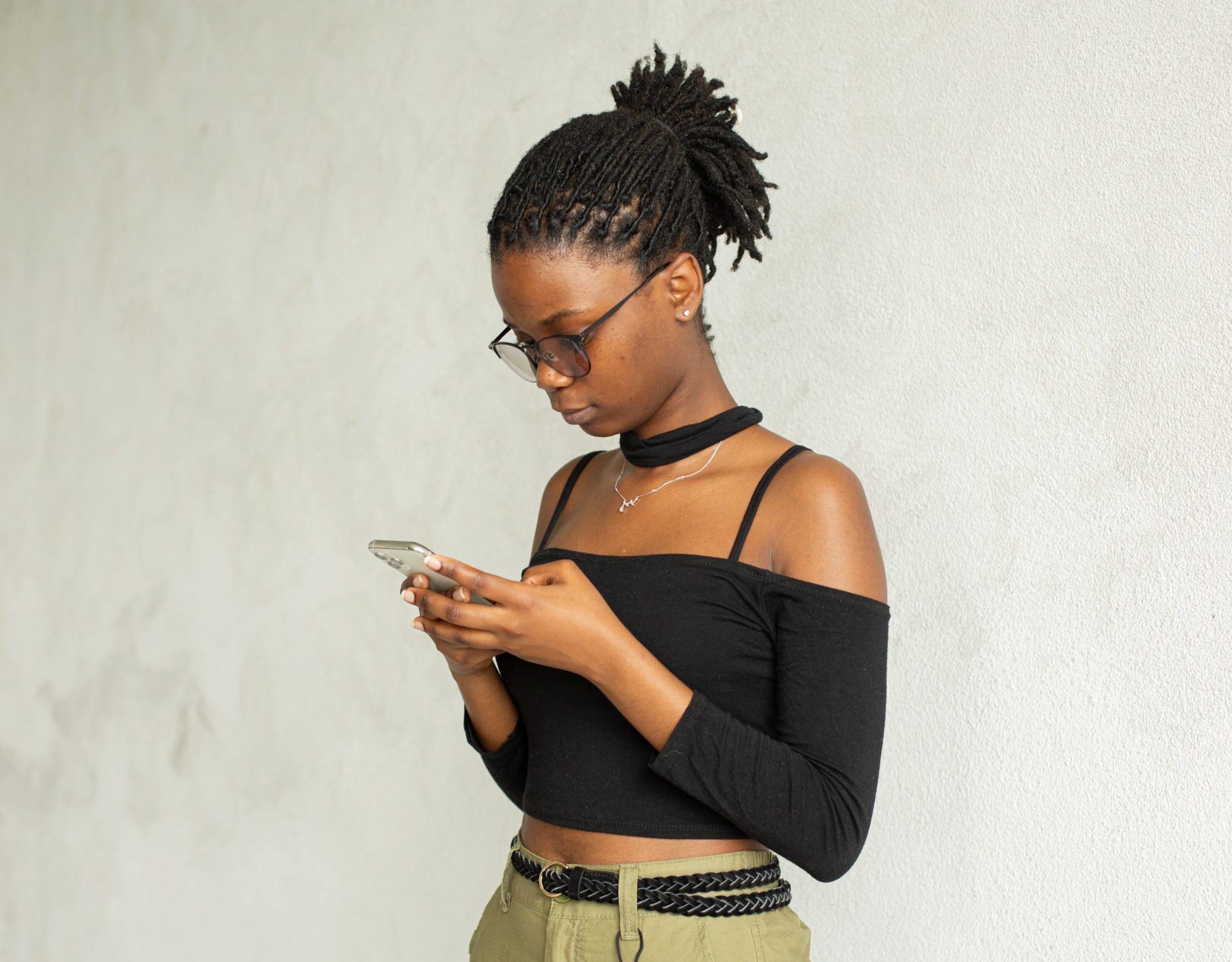How Social Media Can Impact Mental Health

By Cassie Shortsleeve
Social media is practically a way of life. It helps us keep up with the world, connects us with others, entertains us, and sometimes hooks us in, keeping us on apps longer than we’d like. It’s easy to have a love-hate relationship with it.
Even researchers who study social media admit that its relationship with our mental health is complicated. Social media use is a hard topic to study. Most people—84% to 90% of teens in the U.S.—use it, so it’s hard to find a group of nonusers for comparison.
In general, however, studies agree that there can be negative impacts of social media on mental health. Of course, social media doesn’t impact everyone in the same ways. How affected you are by your tech use depends on your personality or temperament, how much you use it, and your age.
Research suggests that certain ages—11 to 13 for girls, 12 to 14 for boys, and around the time you leave home (18 or 19)—tend to be “sensitive periods,” or times of massive brain and life changes that could leave you especially vulnerable to some of the negative impacts of social media.
7 Potential Negative Impacts of Social Media
- Low self-esteem and self-worth. After scrolling, you could find yourself comparing yourself to others or feeling insecure about how you stack up against them.
- Negative body image. When your feed is filled with photoshopped images and influencers who are paid to look a certain way, it’s easy to get down about yourself. Girls and young women are at a higher risk of negative body image than boys and young men, research finds, although boys’ body image can be impacted as well. We know body-image issues affect LGBTQIA+ youth at a higher rate, although there is not a lot of research on the role social media plays.
- Feeling overwhelmed. Never in history have people been so bombarded with so much highly engaging content and stimulation at their fingertips. It’s a lot.
- Radicalization and the spread of misinformation. Social media allows seemingly never-ending access to everything from fake news to dangerous “challenges” and posts about political extremism. It’s easy to believe everything you see or read, or to get confused about what’s true or safe.
- Rejection or isolation. On apps driven by likes and shares, if you’re not “going viral” or racking up likes, you may find yourself feeling rejected or alone, or like you don’t matter.
- A skewed sense of reality. The more time we spend engaged with social media, the easier it is to lose touch with reality, who people are behind their avatars, and even who we are in our offline lives.
- Feelings of anxiety, depression, and suicidality. Constantly comparing yourself to others has a way of making you feel worse about yourself, leading to potential feelings of depression, anxiety, and suicidality if you feel like you’re never going to be able to live up to something you see.
If you or someone you know needs help, text or call 988 or use the chat function at 988lifeline.org. If there is immediate danger of harm, call 911 and explain that you need support for a mental health crisis.
3 Potential Positives of Social Media
- Increased connections and communication. Whether it’s coordinating with your team via DMs or keeping in touch with faraway friends on Facebook, social media helps strengthen our networks with friends, families, and community members, which has big health benefits.
- More sharing and access to resources. Seeking support online is one research-backed way to feel like you belong, gain access to the information you may need, and even meet friends. This is particularly true if you’re struggling with a chronic illness or a mental health condition.
- A greater sense of community. There are all kinds of online groups for hobbies, specific health conditions, interests, and more. Joining them and meeting like-minded people helps build community, trust, and belonging.
Learn More About Social Media and Your Mental Health
- Do I Have a Social Media Addiction?
- 7 Ways Social Media Can Benefit Your Mental Health
- Social Media and Body Image: How to Manage the Negative Impact
- Understanding Social Comparison on Social Media
- Understanding Social Media Use and Balance
- Am I a Cyberbully? Examples of Cyberbullying and How to Stop
- Recognizing Signs of Cyberbullying





